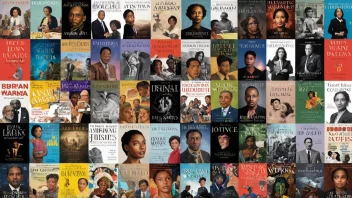Classic literature has always held a special place in the world of literature and culture. These works, often written centuries ago, continue to resonate with readers today, offering insights into the human experience and the cultural heritage of different societies. Understanding the significance of classic literature can deepen our appreciation for the past and illuminate the cultural narratives that shape our present.
One of the primary reasons classic literature is essential is its ability to provide a window into the values, beliefs, and struggles of previous generations. For instance, works like Pride and Prejudice by Jane Austen or Crime and Punishment by Fyodor Dostoevsky explore enduring themes such as love, morality, and societal expectations. These texts not only reflect the societal norms of their time but also challenge readers to consider how these themes persist in contemporary life. By examining these classics, we gain a better understanding of the evolution of social constructs and human emotions.
Furthermore, classic literature often serves as a cultural touchstone. For many, reading these works becomes a rite of passage, fostering shared conversations and connections among readers across generations. Whether it’s discussing the tragic flaws of Shakespeare’s characters or the existential dilemmas faced by characters in The Catcher in the Rye by J.D. Salinger, these texts create a common ground for dialogue and reflection. This shared engagement with classic literature fosters a sense of community among readers, allowing them to connect with one another through a shared cultural heritage.
Another significant aspect of classic literature is its role in preserving history. Many classics are set against the backdrop of pivotal historical events, offering insights into the societal context of the time. For example, To Kill a Mockingbird by Harper Lee addresses themes of racial injustice and moral growth during the Great Depression in the American South. Through such narratives, readers can learn about historical struggles and triumphs, gaining a deeper understanding of the complexities that have shaped our world.
Moreover, classic literature encourages critical thinking and empathy. Engaging with diverse perspectives and characters enables readers to step into the shoes of others, fostering a greater understanding of different cultures and experiences. This engagement is especially important in today’s globalized world, where understanding and empathy are crucial for building bridges across cultural divides. By immersing ourselves in the worlds crafted by classic authors, we cultivate an appreciation for the richness of human experience.
In conclusion, classic literature remains a vital resource for understanding our cultural heritage. It allows us to connect with the past, engage with timeless themes, and foster empathy among readers. As we delve into these works, we not only celebrate the literary artistry of the past but also enrich our own understanding of the world around us. Embracing classic literature is not merely an academic pursuit; it is a journey into the depths of humanity that continues to inspire and connect us across time and space.






